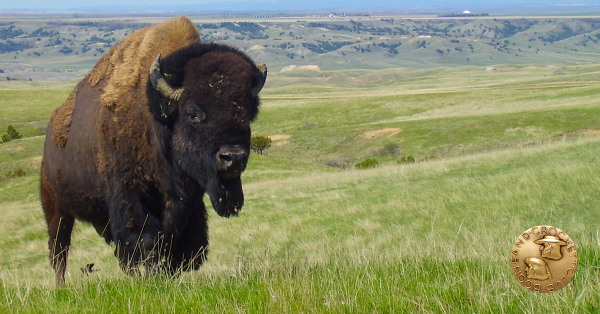Hunting the Right Way
By Glen Wunderlich
Outdoor Columnist
Member Professional Outdoor Media Association
When I ran across this statement defining “Fair Chase”, as it relates to hunting, I thought it would be appropriate to share it with you. To me, it defines the essence of a sportsman: “Fair Chase, as defined by the Boone and Crockett Club, is the ethical, sportsmanlike, and lawful pursuit and taking of any free-ranging wild, native North American big game animal in a manner that does not give the hunter an improper advantage over such animals.”
Obviously, other forms of legal hunting exist that do not adhere to these standards, such as canned hunts or fenced-in hunting areas. Because of the nature of such hunts, an “improper” advantage could be gained over the animals. To a true sportsman, hunting is much more than that.
Certainly, proper and improper advantages can be debated beyond free-ranging and fenced-in game and here is where ethics comes into play. Once again, the Boone and Crockett Club gets it right: “Fundamental to all hunting is the concept of conservation of natural resources. Hunting in today’s world involves the regulated harvest of individual animals in a manner that conserves, protects, and perpetuates the hunted population. The hunter engages in a one-to-one relationship with the quarry and his or her hunting should be guided by a hierarchy of ethics related to hunting, which includes the following tenets”:
1. Obey all applicable laws and regulations.
2. Respect the customs of the locale where the hunting occurs.
3. Exercise a personal code of behavior that reflects favorably on your abilities and sensibilities as a hunter.
4. Attain and maintain the skills necessary to make the kill as certain and quick as possible.
5. Behave in a way that will bring no dishonor to either the hunter, the hunted, or the environment.
6. Recognize that these tenets are intended to enhance the hunter’s experience of the relationship between predator and prey, which is one of the most fundamental relationships of humans and their environment.
Today’s regulated hunting is a far cry from the days of market hunting in which populations of game animals were decimated to near extinction. No sportsman would take part in any endeavor that would not perpetuate the hunted game population; it would be self-defeating. The sportsman follows the guidelines set by wildlife biologists in a manner consistent with conservation.
To do otherwise would be analogous to Christmas tree farmers harvesting all the conifers and never replanting; they wouldn’t be in business very long. However, there are still whackos that cry foul when the trees are cut, never acknowledging that the abundance of trees would not exist except for demand of buyers and supply of those that cut the trees.
So, too, it is with the hunter/conservationist. While he is maligned by the extremists, he is largely responsible for the available game that is hunted through his payment of hunting and fishing license fees and substantial excise taxes on related equipment. And, he follows the rules so that his passion can be sustained for not only himself, but for future generations.








